“The Cuban government must normalize relations with its citizens, as premise to normalize them with the world"
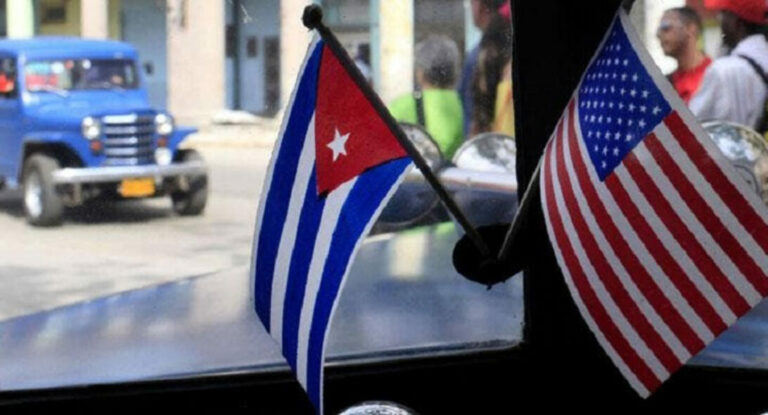
“The Cuban government must normalize relations with its citizens, as a
premise to normalize them with the world"
To: Government of the United States of America
Government of the Republic of Cuba
Congress of the United States of America
Faced with the possibility of a new process of engagement between the governments of Cuba and the United States, we address you to convey our impressions on this issue.
Those of us who subscribe to this letter are members of different sectors of Cuban society, with different ideologies and political positions, but driven by the same desire for a democratic, prosperous Cuba that respects all rights of all its citizens.
Many of us supported and participated with hope in the process of normalization of relations promoted by the administration of President Barack Obama. Based on the lessons from that experience, we state that:
- The sovereignty of Cuba as an independent nation cannot be monopolized by a government. Empowering society should not be confused with support for the agenda of the Cuban regime and of groups authorized by it to represent civil society.
- The Cuban regime denies fundamental rights -political, civil, economic and cultural- to its society. It criminalizes dissent and excludes autonomous participation. This type of regime violates international human rights standards, which is why it is legitimate for the international community to take positions given the lack of protection in which the country's citizens find themselves.
- During the years of engagement, no advances in human rights were experienced on the island. National and international organizations documented high levels of repression against civil society actors and the opposition. Many of the activists, journalists, entrepreneurs and artists who supported the normalization process are today in exile.
- Repression is inherent to the totalitarian nature of the regime and responds to the empowerment of citizens. It does not depend on the attitude of the United States government, as the first month of Joe Biden's presidency shows. Today, repression has expanded and diversified to include new actors, such as activists from populations in vulnerable situations, artists, environmentalists, animal rights advocates, and progressive-oriented intellectuals, among others.
- The economic reforms carried out by the Cuban government during the period of Obama's policy of engagement were minimal and were halted or reversed even before the Trump administration. Some of the basic demands of Cuban entrepreneurs were met, also in a limited way, in the context of the economic crisis generated by the obsolescence of the economic model, the impact of the covid-19 pandemic and the sanctions of the Trump administration, but not within the framework of normalization.
- During the previous thaw of relations, it is true that there was an expansion of a certain urban middle class that maintained an attitude of non-confrontation or collaboration with the regime, but the impoverished majority of the country did not benefit from normalization. Their situation in terms of income, consumption and rights did not improve and their levels of inequality widened.
Based on the foregoing, we ratify our commitment to democratic progress in our country and support for new processes of normalization and negotiations, provided that they take into account a group of minimum and essential conditions:
- Broad participation and representation of Cuban society, in all its social and political diversity, in the normalization process.
- Unlike the previous process, that negotiation is carried out transparently, with equitable access to official and independent Cuban media, as well as the international press. No agreement can be made behind the backs of the Cuban and American citizens. The process must be accompanied by credible and experienced mediators such as the Vatican, Norway and the European Parliament and multilaterally involve governments and civil society from Europe and Latin America.
- All negotiations should have as its main premise and end the recognition of civic, economic, and political rights of the Cuban people as enshrined in the UN Covenants on Civil and Political Rights and Economic, Social and Cultural Rights.
- The negotiation process and its resulting agreements should be staggered, with concrete and evidence-based measurable goals for each phase of the process. They should incorporate periodic review mechanisms that allow civil society to accompany, monitor and conduct advocacy, following best practices of other international processes. The progress of the negotiations to further phases or their interruption in the event of non-compliance will depend on the results of these evaluations.
- The immediate release -without conditional exile- of the more than one hundred political prisoners unjustly convicted for exercising their rights, as well as the legalization of all civil society organizations and the private sector that will be represented in the talks must precede the beginning of the negotiations. The end of political repression and economic restrictions on citizens must constitute an imperative for the continuation of negotiations.
- Negotiations should have the rights of the Cuban people at its core and cannot advance while elements that hinder relations between Cubans on the Island and abroad remain. It is necessary to reopen consular services in both countries, the repeal by the United States government of restrictions to travel and remittances- using channels not controlled by the Cuban military- to Cuban- Americans; and the elimination by the Cuban government of travel restrictions to medical professionals, athletes, dissidents, and all others who are unjustly deprived of these rights. Both governments should make these decisions in unison.
As Cuban citizens, we want the Cuban government to advance towards normalization of relations with the world’s nations, but first and foremost, with its own people wherever they may be. Let Cuba insert itself in the world as a truly sovereign and democratic country, respectful of human rights. Today, this is far some reality. All negotiations must focus on this objective.
▶ Vuela con nosotras
Nuestro proyecto, incluyendo el Observatorio de Género de Alas Tensas (OGAT), y contenidos como este, son el resultado del esfuerzo de muchas personas. Trabajamos de manera independiente en la búsqueda de la verdad, por la igualdad y la justicia social, por la denuncia y la prevención contra toda forma de violencia de género y otras opresiones. Todos nuestros contenidos son de acceso libre y gratuito en Internet. Necesitamos apoyo para poder continuar. Ayúdanos a mantener el vuelo, colabora con una pequeña donación haciendo clic aquí.
(Para cualquier propuesta, sugerencia u otro tipo de colaboración, escríbenos a: contacto@alastensas.com)




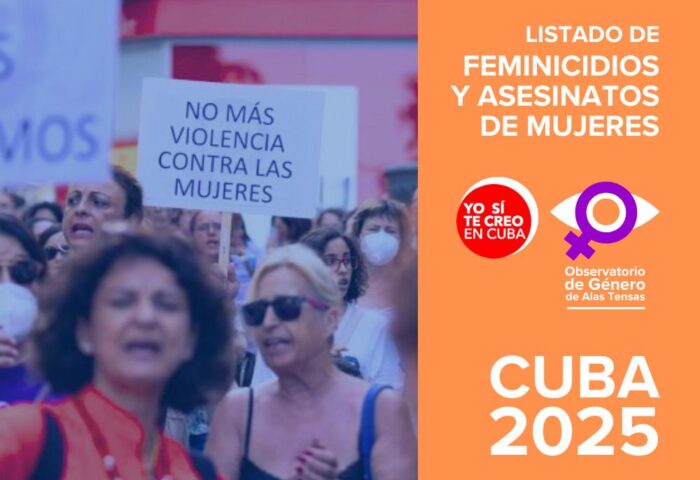
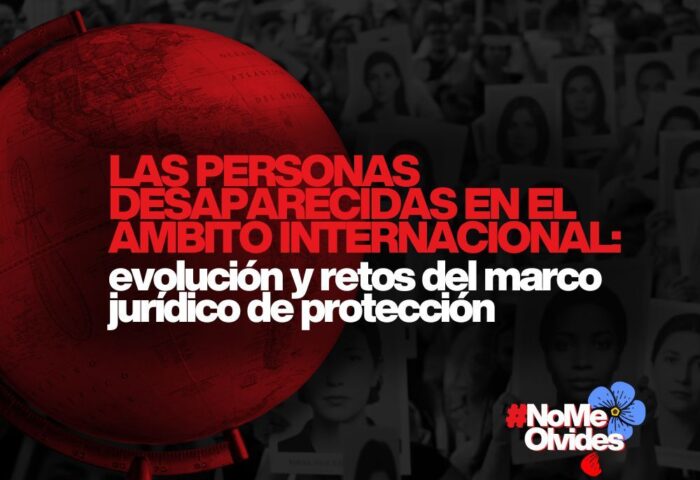
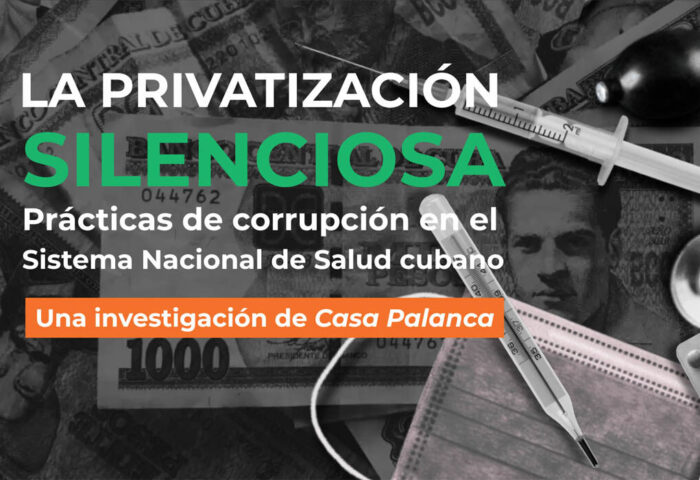
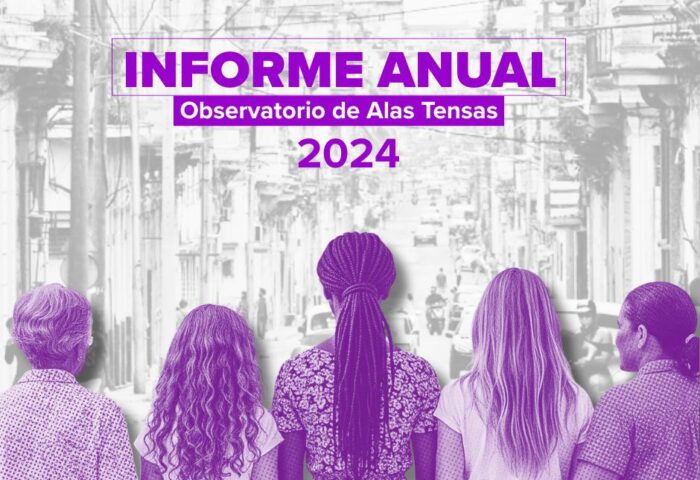

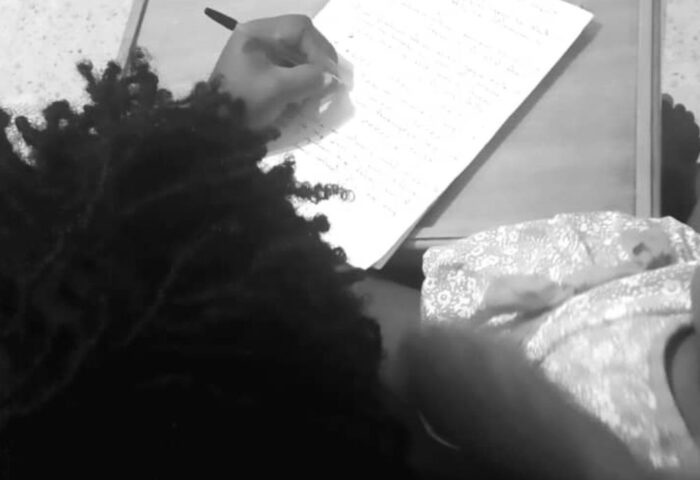
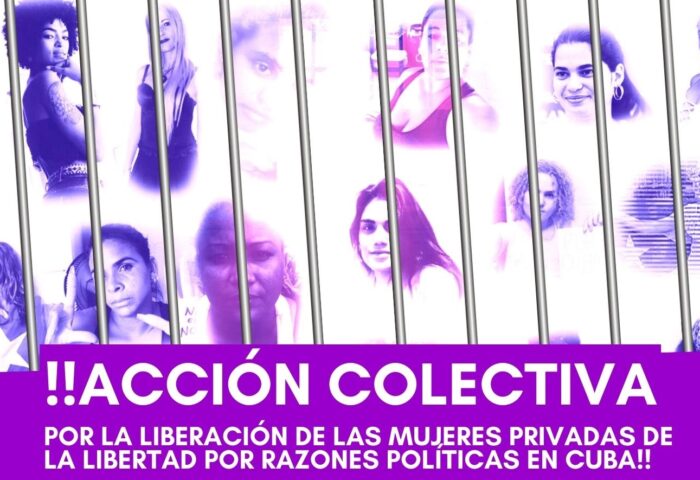
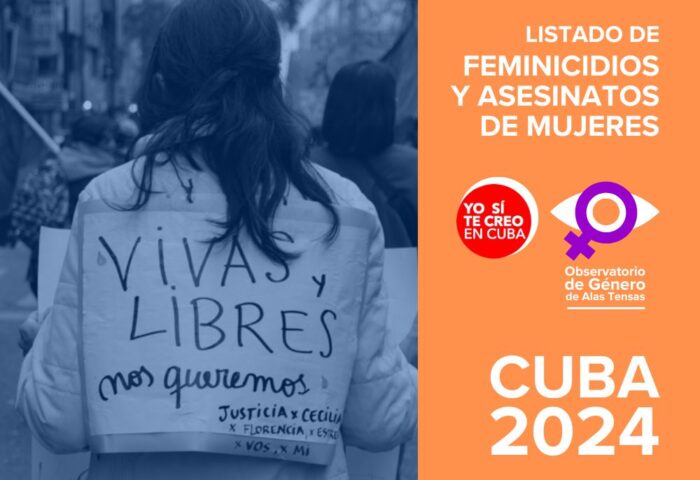


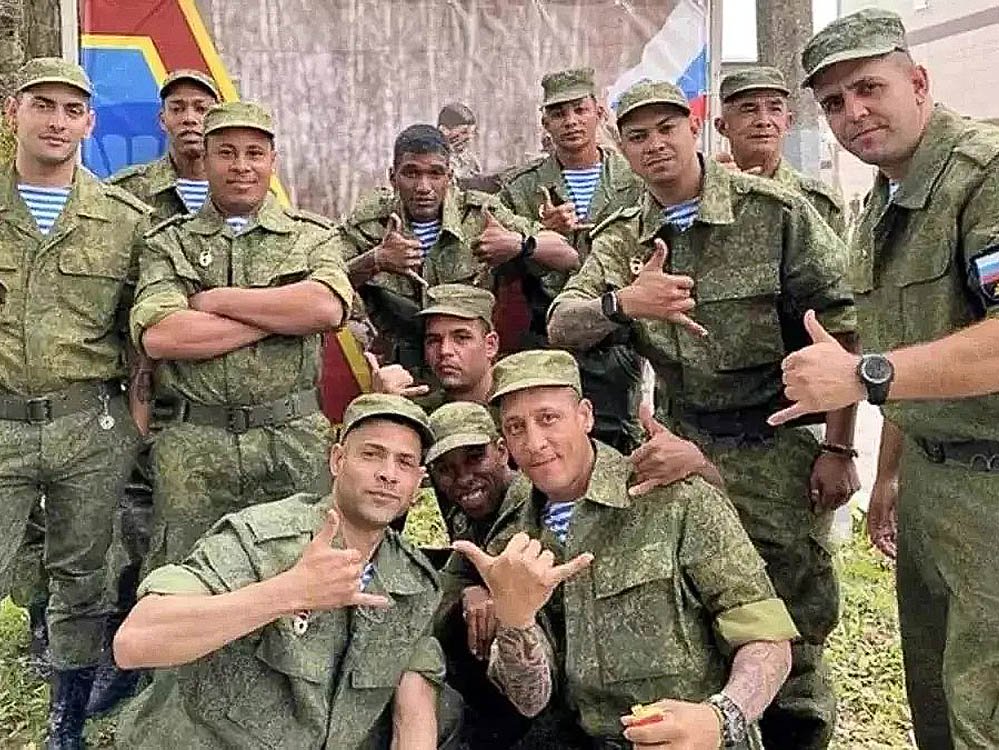
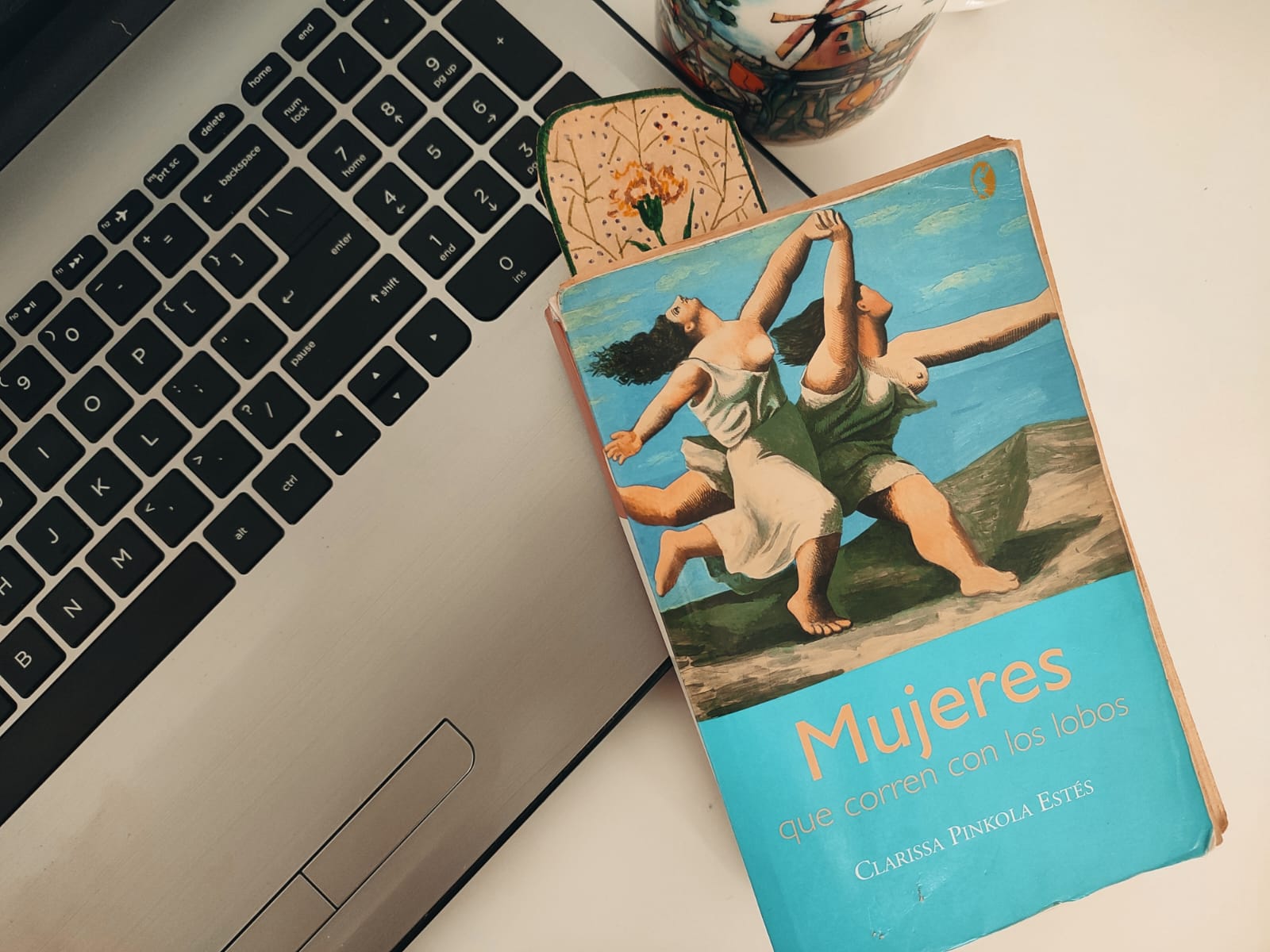


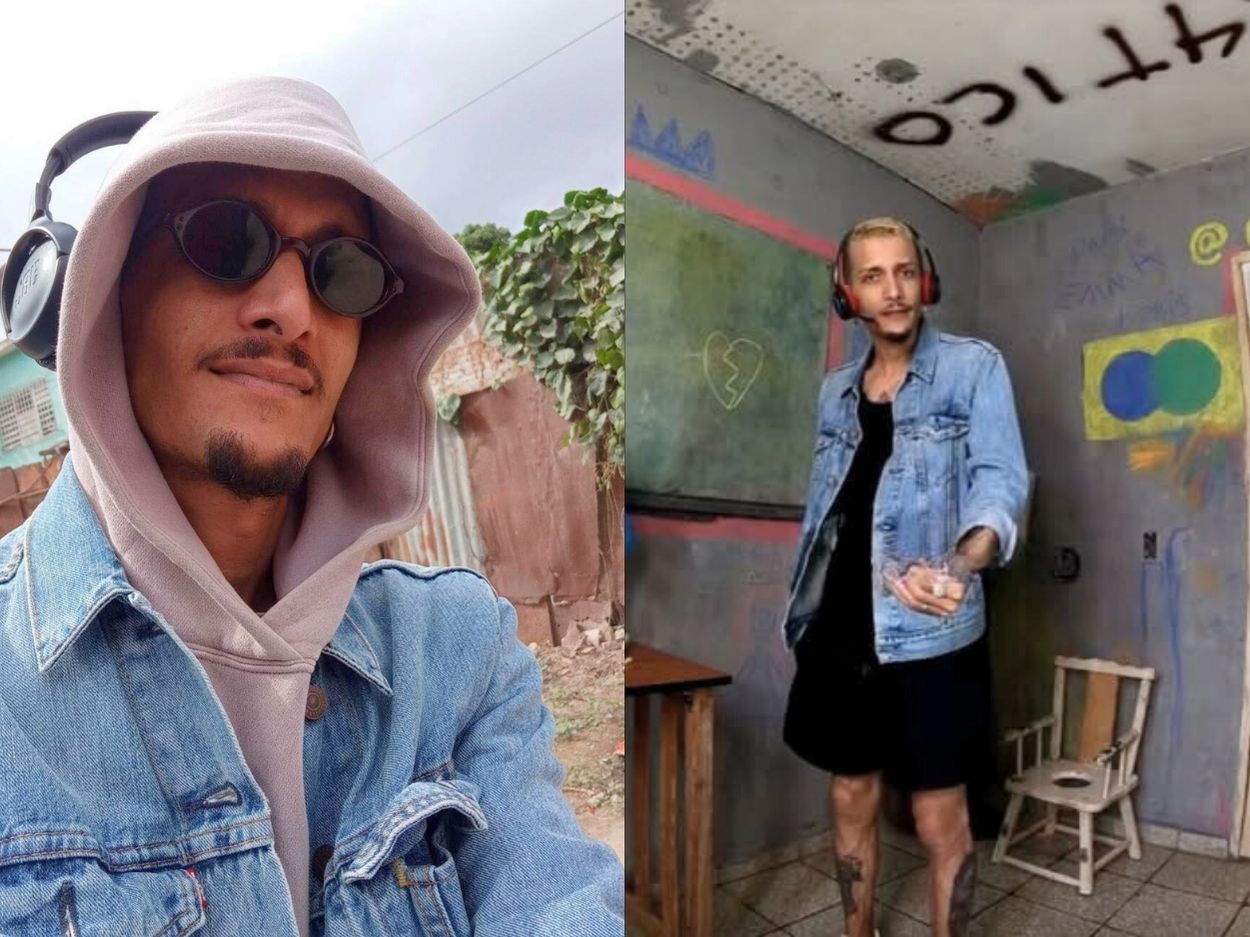
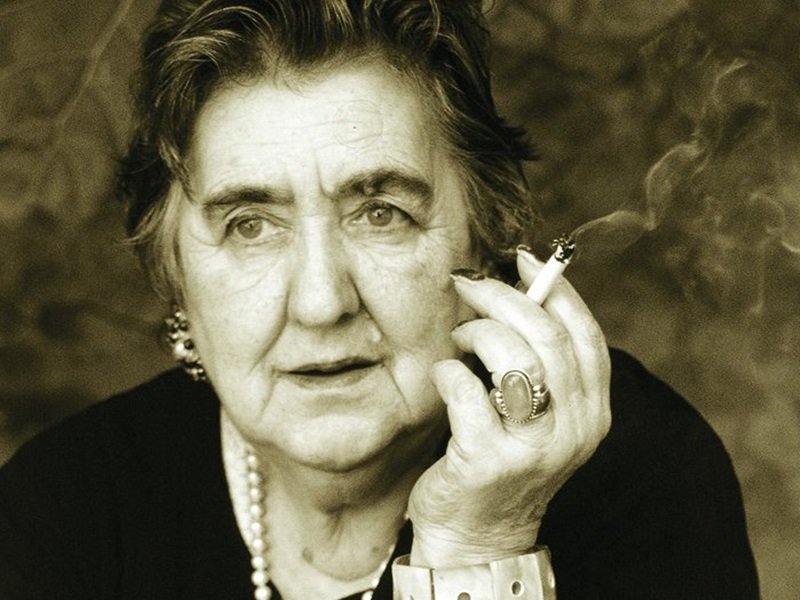

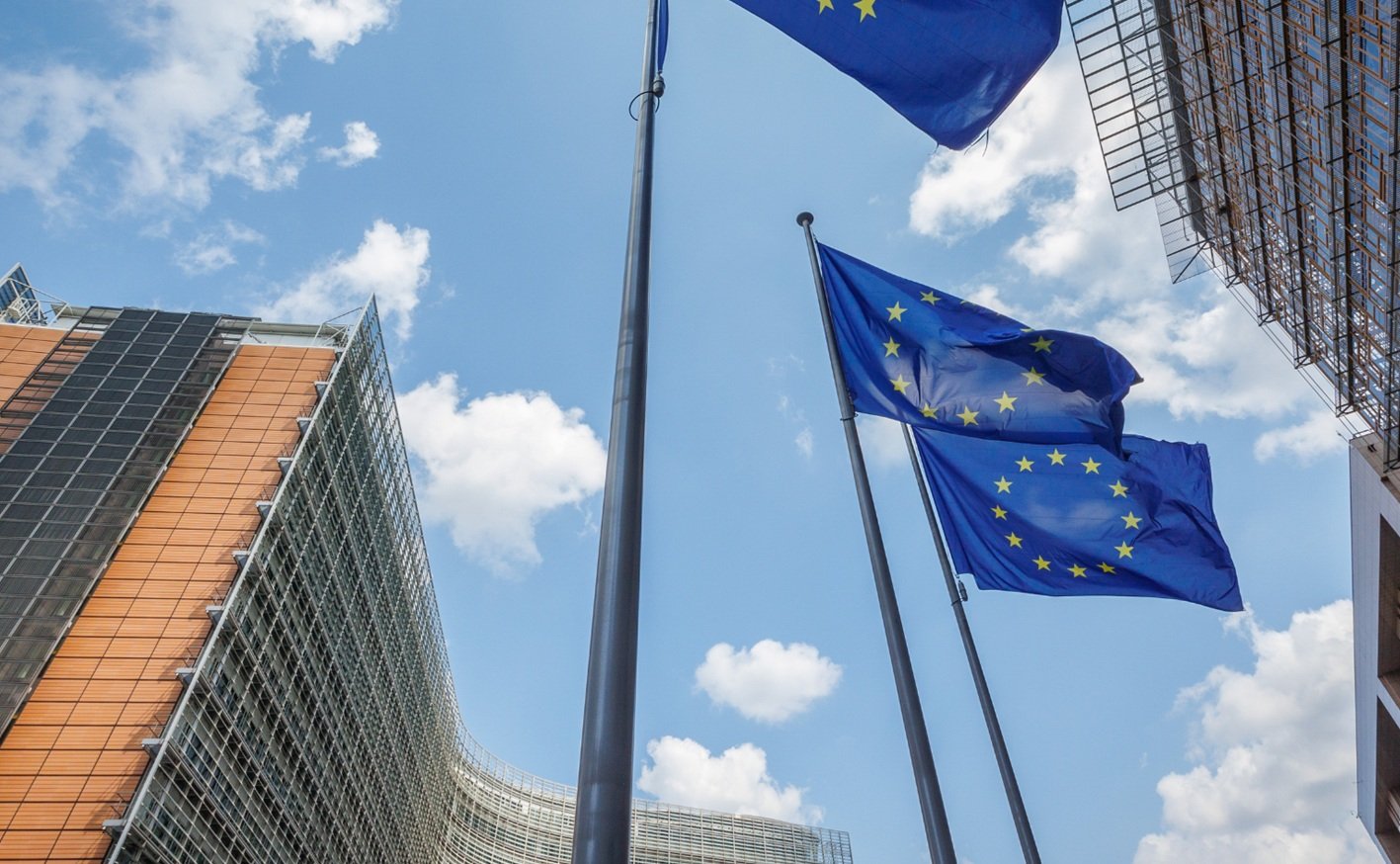


Responder